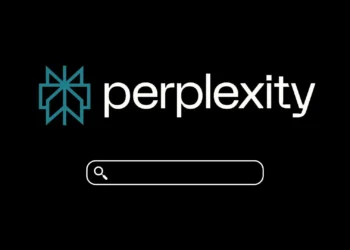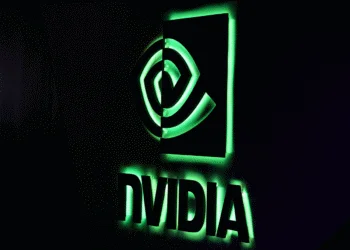Decentralized naming could bring ‘next billion’ users to Bitcoin
As centralized domain incidents highlight security flaws, an executive argued that decentralized naming on the Bitcoin network would be a better alternative for domain names.
Mike Carson, the founder of the Bitcoin-based naming project Spaces Protocol, said everyone currently relies on trusted third parties for their usernames and domain names. However, an incident involving decentralized finance (DeFi) protocols relying on Squarespace’s registry system highlighted problems in the current setup.
On July 11, an attack on the Squarespace DNS registry affected over 100 crypto projects . The vulnerability threatened the DeFi space with phishing attacks, which resulted in funds being lost.
Carson believes that this highlights a need for decentralized domains and argues that it should be on Bitcoin, the most secure and decentralized blockchain.
Domains are digital assets that should be on a blockchain
Carson, who founded the domain name back-ordering service Park.io and co-founded software firm Wizehive, told Cointelegraph that domains should be on a blockchain. After years of working with domain registrars, the executive realized that domains should be decentralized. He explained:
“When I owned and managed three ICANN-accredited registrars and worked with various registries and registry operators, I realized that domain names are digital assets and should be managed on a blockchain and not by centralized trusted third parties.”
The executive also compared domain name registrars to banks and Bitcoin ( BTC ). Carson argued that people should not be forced to rely on a third party to secure their domains. “Why should we have to ask permission to use our money or our names,” he asked.
Furthermore, Carson also highlighted other incidents of government censorship that highlighted the importance of having decentralized domains. In 2017, the Spanish government raided the offices of DotCat (.cat) domains that promoted Catalan independence.
The executive also pointed toward the blocking of high-profile social media accounts and said that this also highlights the importance of decentralized usernames and domain names.
Related: Crypto execs on DeFi domain hacks: Don’t interact with crypto for now
Domain names should be anchored on Bitcoin
Carson, who also previously contributed core code to the Ethereum Name Service (ENS) and Handshake (HNS) , argued that the best solution for domains is Bitcoin. He said that this is very important that they feel like it’s inevitable. Carson explained:
“Bitcoin is the most secure and decentralized proof-of-work blockchain, by far. It makes sense that decentralized naming should be anchored in the Bitcoin block space.”
The executive said they built the Spaces Protocol on Bitcoin with these in mind. Carson also added that they built the protocol with “cypherpunk” ideals. “There is no separate token, no premine and no foundation. No changes to the Bitcoin protocol are necessary,” he added.
Carson added that they built Spaces to scale to billions of names while only leaving a small footprint on the Bitcoin block space. He added:
“I think decentralized naming can bring the next billion users to Bitcoin. There are hundreds of millions of domain names and social media companies have billions of users.”
The domain professional also argued that if anything is as important as money for society, it is naming. “Blockspace on the Bitcoin blockchain is valuable because it is the most secure and decentralized ledger in existence. The first killer app built to utilize this was Bitcoin as money. The next will be naming.”
Magazine: ‘Bitcoin Layer 2s’ aren’t really L2s at all: Here’s why that matters
Disclaimer: The content of this article solely reflects the author's opinion and does not represent the platform in any capacity. This article is not intended to serve as a reference for making investment decisions.
You may also like
Perplexity AI to Testify in Landmark Google Antitrust Case
Perplexity AI, a rising competitor in the search industry, is set to play a key role as a witness in the ongoing United States Department of Justice (DOJ) antitrust trial against Google.

Manychat Secures $140 Million to Advance AI-Powered Business Messaging
Manychat, a leading business messaging platform, has raised $140 million in a new funding round to accelerate its artificial intelligence (AI) capabilities and expand its global business communications market reach.

El Salvador Launches National AI Lab in Partnership with NVIDIA to Drive Technological Sovereignty
El Salvador is making significant advancements in artificial intelligence (AI) by launching its first national AI Lab in partnership with NVIDIA. Recently announced by the Bitcoin Office, this initiative aims to develop sovereign AI capabilities to enhance key sectors like healthcare, education, and the economy.

BlackRock Invests $84 Million in Bitcoin

